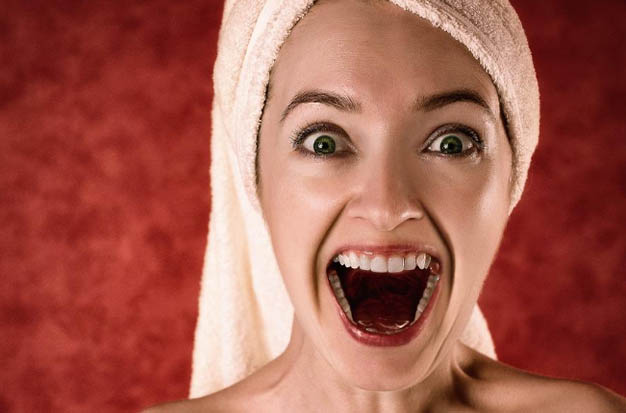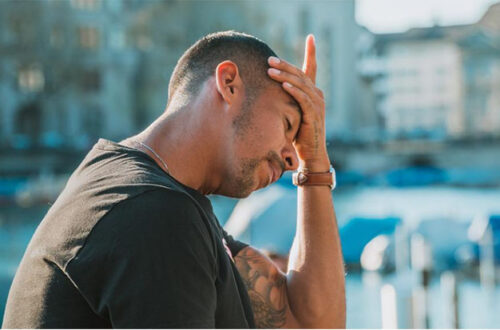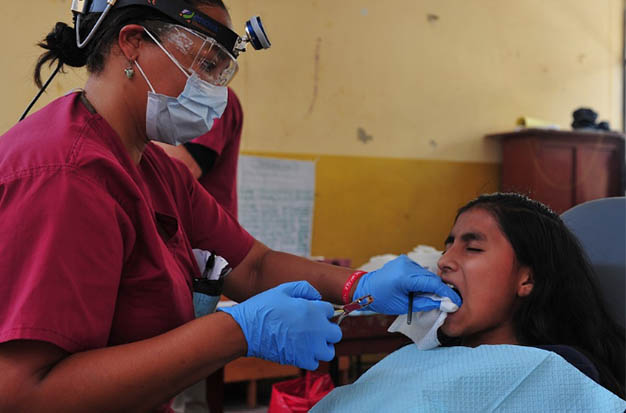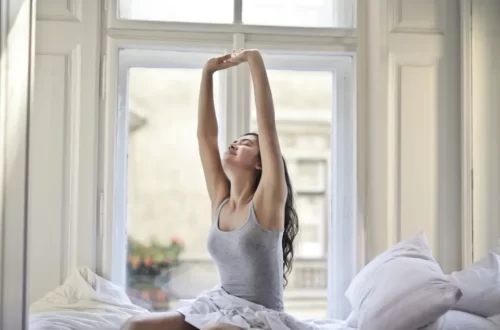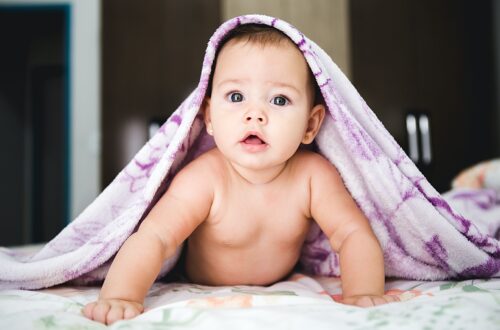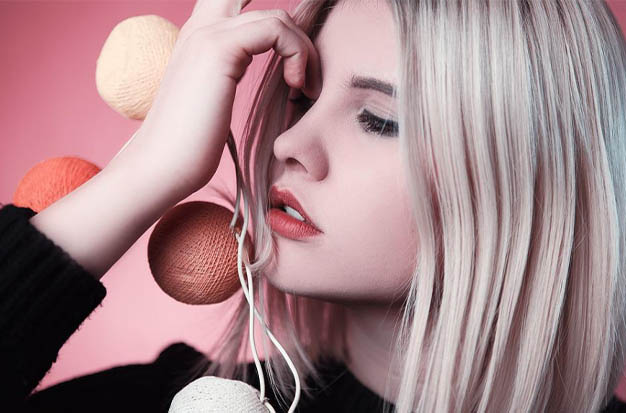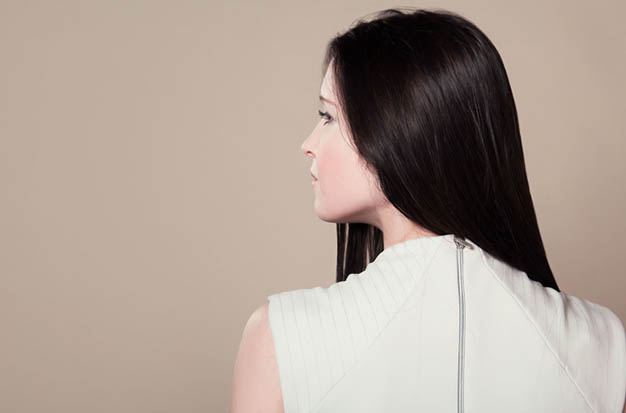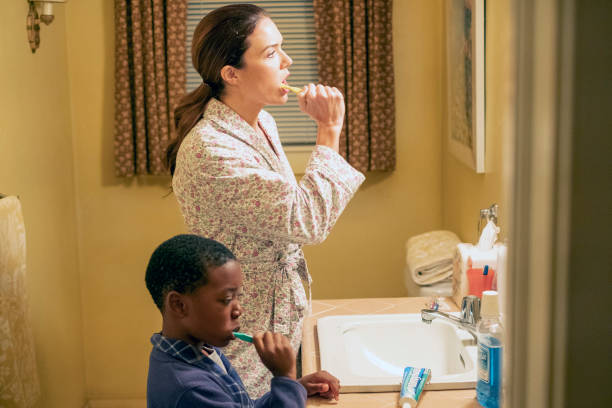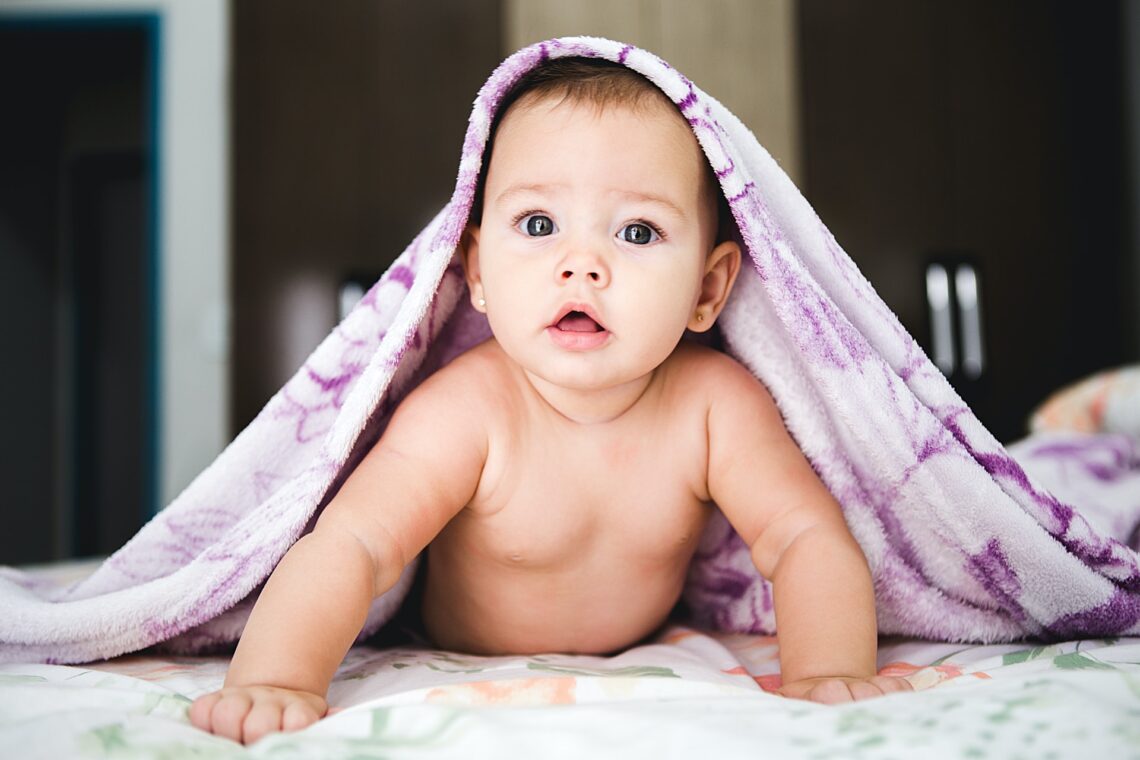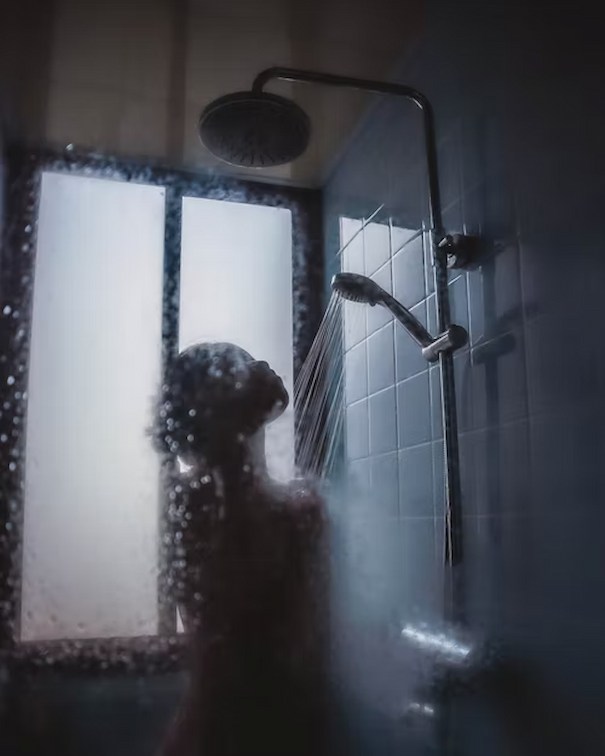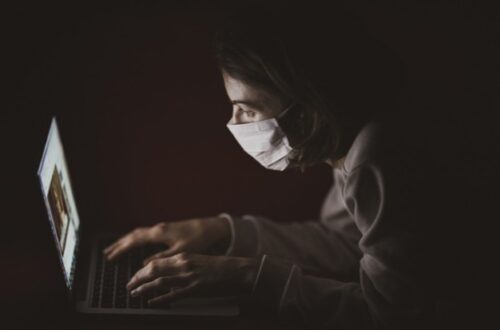Cleaning
-
How To Clean Teeth Without a Toothbrush In Simple Ways
We have all been taught to brush our teeth twice a day to prevent cavities and dental complications. We’ve all been in a situation where we forgot our toothbrush, so that being said. So, the question arises: What do we do if we forget our brush? Fortunately, there are substitutes to give the impression of just brushing your teeth if you don’t have a toothbrush or toothpaste on hand. These alternatives not only provide a way to improve breath quality, but they are also successful at cleaning the teeth and gums of plaque and food debris. The prevention of dental issues like cavities, gingivitis, and tooth decay requires taking this…
-
How to Avoid Dry Socket After Tooth Extraction
Can you smoke after having a tooth pulled? No, not for at least 72 hours, is the short reply. Continue reading to find out why smoking makes getting a tooth pulled more likely, what happens if you smoke after having a tooth pulled, what causes dry sockets, and how to smoke safely after having a tooth pulled. You may require a tooth extraction for a variety of reasons. Most frequently, patients need to have their third molar teeth—often referred to as “wisdom teeth”—removed. After tooth extraction, some swelling and pain are normal, but for smokers, the procedure can be particularly difficult. Smoking adds to the body’s already heavy workload, which…
-
How Much Toothpaste Should You Use?
What quantity of toothpaste should we use? In actuality, we only need to use a small portion of this amount of toothpaste on our teeth. It is just the size of a pea for those above the age of three. (For your reference, this is also printed on the tube of toothpaste. I’m sure nobody has read it.) How Much Toothpaste Should You Put on Your Toothbrush? Depending on the type of toothpaste you use, your age, whether you gargle after brushing your teeth, and your personal preferences, how much toothpaste you should apply to your toothbrush may vary. Whether you use a manual toothbrush or a toothbrush with a…
-
How Many Times Can You Bleach Your Hair – Safe Tips
How often can you dye your hair without hurting it? In our guide on hair dyeing frequency, learn more about the bleaching process, how hair dyeing affects your hair, and how long you have to wait before bleaching again. How Does Bleaching Work? The bleaching process is not friendly to hair and scalp. Sometimes our tone is not quite right, and we may be tempted to try again. After all, what is the worst case? Well, bleaching your hair is a radical process. It will make your hair dry, curly, damaged, and very easy to break. Bleaching involves oxidizing melanin in hair. This is done with an aggressive chemical such…
-
How To Get Rid Of Buildup From Hair – Easy Ways to Solve
Buildup from hair will make your mental outlook look dull. Over time, Buildup from hair will also damage your hair. Buildup from hair makes your hair look tense and dirty. In addition, Buildup from hair will also prevent hair growth (block hair follicles). In this guide, we try to use some very simple methods to remove buildup from hair, while protecting the natural oil in the scalp. What is Buildup From Hair? Buildup from hair is dead skin or tiny grease particles that peel off in white. This is a common condition that can cause skin peeling on the scalp. But it is also possible that you are dealing with…
-
Why Do I Sweat After a Shower and How to Avoid It?
Taking a shower in hot summer seems very unnecessary, because you will experience the sweat after taking a shower and question why you should spend time taking a shower. However, sweating after shower is very common. Unlike the cold and dry months in winter, the air in your home may be much wetter, especially in the bathroom. Coupled with the hot water on your skin and hair, your body temperature will rise, and you will feel hot, sticky and sweating after taking a bath. Why Do I Sweat After a Shower? After the shower, the hot water left on the skin and hair will continue to warm the body. The…
-
How Often Should My Kids Brush Their Teeth?
Brushing for two minutes twice a day is recommended by the American Dental Association for children. Cleaning your child’s teeth can be a major chore. For some reason, children seem to be experts at avoiding anything healthy, from vegetables to brushing their teeth. As a result, it is your responsibility as a parent to ensure that they brush their teeth on a regular basis. How Often Should My Kids Brush Their Teeth? The main rule for cleaning teeth for youngsters is the same as it is for adults. Twice a day, first thing in the morning and again just before night. It’s also worth noting that the American Dental Association…
-
How To Keep Baby’s Room Smelling Fresh: 15 Ways To Fix It!
One unintended consequence of having a kid is having to deal with baby excrement and dirty diapers. While no one appreciates changing a dirty diaper, it is even worse when you have a baby room that smells like excrement and have no idea what to do! Cleaning a poop-smelling infant room will entail removing the diapers outdoors right away, using a well-maintained diaper pail, cleaning bedding and coverings, and adding deodorizers to your cleaning schedule. If you’re dealing with the reality of a stinky nursery, you’ll want to check out these odor-removing techniques. Depending on your scenario, you may only require one of them or you may need to try…
-
Guide to Showering Properly and Healthier
Since you were a preteen, you have probably been taking showers. But when was the last time you questioned whether you were carrying it out correctly? You can completely change the way you look by using these shower tips. Now dive right in. How to Take a Shower Contrary to popular belief, you don’t actually need to take a shower every day. Even during the winter when the air is dry and you aren’t perspiring as much, your skin might look better if you reduce the number of showers you take each week to a few. Others choose to take a daily shower simply to feel cleaner and at ease.…
